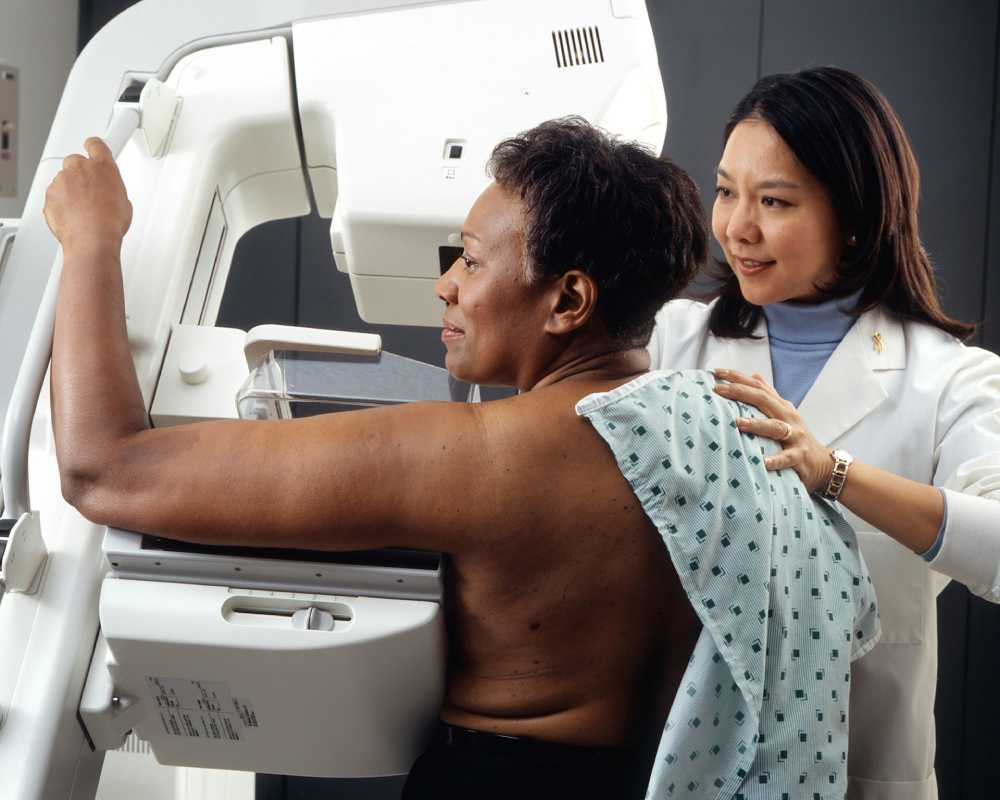A career as an EKG technician is a rewarding and challenging job. Compared to other medical careers, it takes less education, and training can be finished in a few months.
EKG technicians must understand anatomy and medical terminology to perform and interpret EKG tests accurately. They also need to be able to work in high-pressure healthcare settings.
Contents
Get a High School Diploma or GED
As a medical professional, you can help patients with various health-related issues. The demand for a qualified EKG technician is projected to grow significantly, making it a lucrative and fulfilling career choice.
Many aspiring healthcare professionals find this position an ideal career choice, as it allows them to be a part of the patient care process without the more demanding tasks accompanying other healthcare roles. Some who pursue an EKG technician certification already work in healthcare, looking to “stack credentials.”
Regardless of your current position or background, you can prepare for a career as an EKG technician with a quality training program. Before you enroll, consider your current lifestyle, work, and life commitments and whether a fully online EKG technician program is right for you. A good training program will provide the hands-on experience and classroom learning you need to succeed. It will also help you understand the cardiovascular system and how an EKG machine works.
Enroll in a Training Program
EKG technicians must complete specialized training programs to learn the skills to perform electrocardiogram (EKG) testing properly. The program typically includes basic anatomy, physiology, and medical terminology courses. Students also learn how to prepare patients for cardiac testing and troubleshoot tracings.
Upon completion, the student receives a certificate of completion. This is valuable as it gives employers proof that the person has the necessary skills to work in this field. However, many employers prefer an extra verification level in national certification.
Aside from completing an accredited training program, it is also essential for future EKG technicians to be certified in basic life support. Most facilities require this, and it ensures that the technician has been trained in the proper techniques to handle a potential emergency. Additionally, it helps to have excellent interpersonal skills as EKG technicians interact with patients during vulnerable times when they are often scared or in pain.
Take the Certification Exam
EKG technicians must communicate effectively with patients and be comfortable explaining medical procedures in high-stress situations. They also need to be able to operate complex equipment and troubleshoot when something goes wrong.
You can prepare for the certification exam by taking courses at a community college or vocational school or enrolling in an online EKG technician program that offers hands-on experience in real-world healthcare facilities. These programs typically last less than four months and are often less expensive than a traditional certificate program.
Once you’ve completed your training, it’s time to take the exam! You’ll need to pass the National Healthcare Association (NHA) certification exam, designed to test your knowledge of cardiac anatomy, medical terminology, and how to use and interpret EKG data. Be sure to study thoroughly before you take the exam. You can prepare by practicing with an affordable workbook with a built-in study guide, multiple choice questions, true/false tests, crosswords, and more.
Get Experience
EKG technicians need to be detail-oriented and have excellent analytical skills. They also need empathy as they often work with patients who may be in pain or fearful of their health. It is no wonder that many who pursue EKG certification are already working in healthcare or seeking to “stack credentials.”
Whether you’re new to healthcare or looking to expand your career options, consider an accredited program that offers real-world insights and expertise from experienced instructors.
An included workbook helps you review and build your skills – with practice questions, diagrams and illustrations, crosswords, critical thinking scenarios, and interpretation exercises based on actual EKG tracings. You’ll also gain an understanding of basic anatomy, cardiac testing, cardiopulmonary resuscitation, and more. Then, once you’ve completed your program, take and pass a certification exam.



